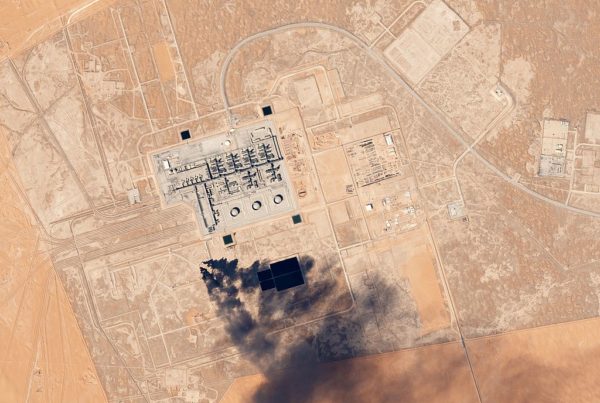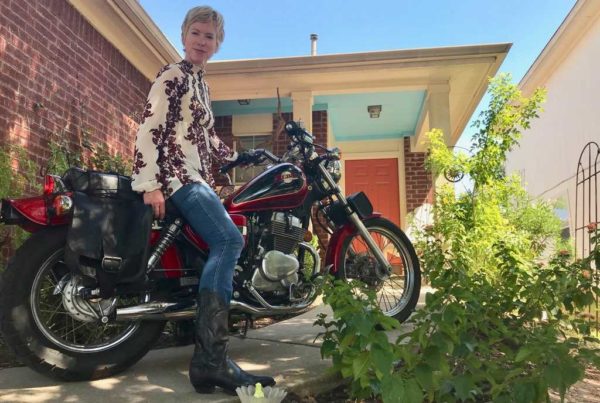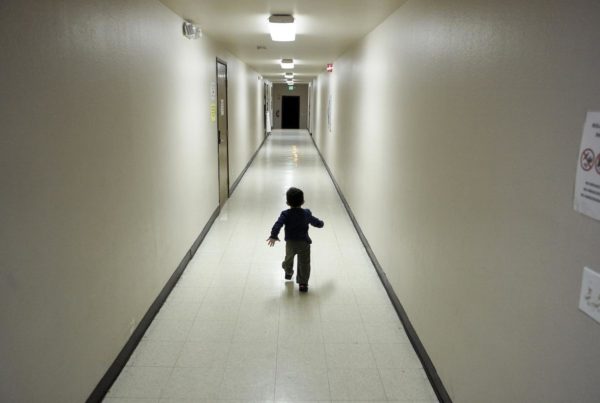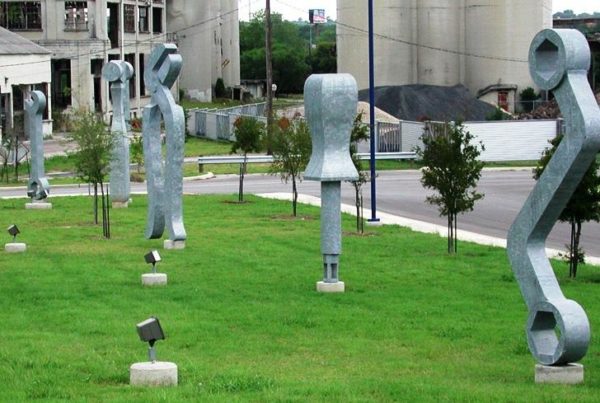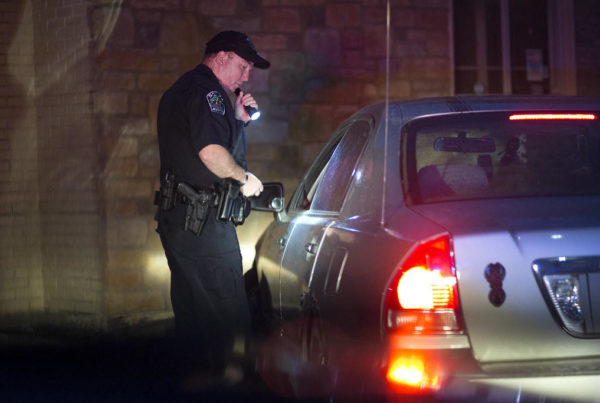On Sept. 15, 1959 an ex-convict new to Houston attempted to enroll his 7-year-old son at Poe Elementary, near Rice University. School officials denied his enrollment, though, saying he lacked the proper paperwork. Later, the man returned to the schoolyard with a briefcase and some obscure messages. He then exploded the briefcase, killing himself, his son, the school’s custodian, a teacher and two young students.
It’s a story that’s not well known in Texas – even at the time, the news cycle moved along quickly. Gary Bowen, who was there, hasn’t talked much about it since, even though he knew the two students who were killed and another who was injured.
“My friends, Earl Fogler, who lost a leg, and Billy Hawes and Johnny Fitch, who were two friends, we were all in the same class from the year before – first grade. And I had known Johnny from before that, when I was in kindergarten with him at private school,” Bowen says.
Hawes and Fitch were killed in the explosion. Bowen says he was not far behind his friends on the playground, and remembers hearing the blast.
“As I turned away, I noticed that everybody, including Billy and Johnny, just suddenly disappeared,” Bowen says. “The next thing I knew, I was sitting in a[n] overstuffed chair in the foyer of the school, and a cafeteria lady was dabbing substance off of my left side, my neck, my face.”
Bowen says he was diagnosed with a concussion, stayed home from school the next day, and went back to school the day after that. Unlike today, there was no protocol for how to help kids process such a trauma. Bowen says his mom tells him he actually did go see a psychologist about a month later.
“And, apparently, according to mother, he said I was as okay as anybody could be who had been exposed to this type of trauma,” Bowen says.
But, Bowen recalls, the overall message was one of stoicism.
“It was something that we experienced; it was bad, it was terrible but you’ve got to soldier on,” Bowen says.
He says he is only sharing his story publicly, now, 60 years later, because he has taken the time to process, and research other accounts of the bombing. And because he says he has a message to share, though he is not sure exactly what that message is.
“I’m still working on that. It’s not profound, believe me,” Bowen says. “I guess it’s a variation on the Rodney King thing: Can’t we all get along?”
Written by Laura Rice.




